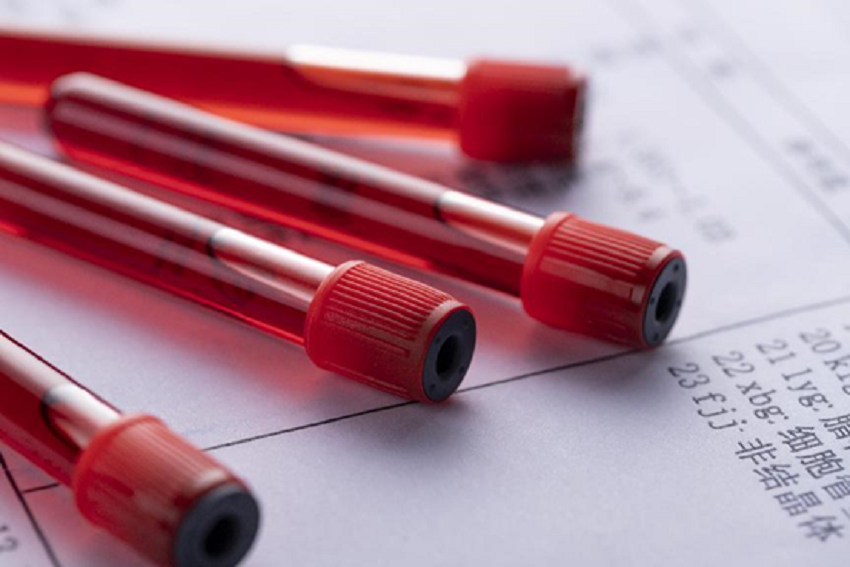Hello! I'm delighted to provide you with exclusive one-on-one consultation.
How can I assist you?
What is the process and cost of egg freezing?

Recently, a friend sought my advice, mentioning that a Beijing-based company recommended the fourth generation of IVF (In Vitro Fertilization) technology. Allegedly, this technology boasts advanced features and a high success rate. However, despite the enthusiasm surrounding the fourth generation IVF in the UK, most countries strictly prohibit its implementation. In the United States, this technology is prohibited without proper authorization due to ethical and safety concerns.

So, what exactly is the fourth generation IVF in the United States? For professional insights, I reached out to Dr. Nathan Zhang, a leading expert in the field of assisted reproduction, a Ph.D. holder in medicine, and the founder of IVF USA. Dr. Nathan Zhang provided information on the current international research focus of the fourth generation IVF technology, highlighting two main aspects:
Germinal Vesicle Transfer (GVT):
This technique involves replacing the genetic material of aging eggs with the cytoplasm of younger eggs, mainly targeting young women with aging eggs. Since less than 1% of genetic material is carried by the cytoplasm, the primary genetic material comes from the nucleus of the egg. Therefore, the main genetic material is derived from a third-party provider offering younger eggs.
Due to the involvement of a third party, ethical concerns have led several countries, including China, to officially prohibit the use of this technology. While international research in this area continues, it remains in the scientific exploration stage, with no country claiming its transition to clinical application.
Egg Progenitor Cell Technology (Egg PCSM):
In simple terms, this technique involves extracting ovarian stem cells from a woman, isolating the mitochondria, and then injecting these mitochondria into her own egg cells to improve egg cell quality. This is targeted at women with poor egg quality. However, this technology has not yet undergone formal clinical trials, let alone clinical application.
It is evident that if an intermediary company recommends fourth-generation IVF in the United States, caution is advised as it appears unreliable. Due to ethical concerns, China's Ministry of Health explicitly prohibited the research and use of this technology starting in October 2003. Consequently, fourth-generation IVF technology had a fleeting presence in the field of assisted reproduction.
The United States has a total of over 1300 licensed IVF doctors spread across 400 reproductive centers. However, significant variations exist among these centers, each privately owned or in partnership, and among individual doctors.

Dr. Nathan Zhang advises individuals contemplating IVF in the United States to exercise caution and choose a consulting organization with a high level of professional expertise. This approach ensures finding the right doctor, a specialized reproductive center, and a laboratory with high technological proficiency. Currently, IVF USA, under Dr. Nathan Zhang's guidance, provides services such as egg freezing, IVF, and third-party assisted reproduction, extending its operations beyond the United States to include Japan, Thailand, Mexico, Taiwan, Hong Kong, and other regions. Dr. Nathan Zhang, relying on his professional knowledge, offers personalized and scientific treatment advice to each patient.


Online Customer Service

In-Vitro Fertilization (IVF)

Female Egg Freezing

Fertility Assessment

Scan for Consultation

Back to Top